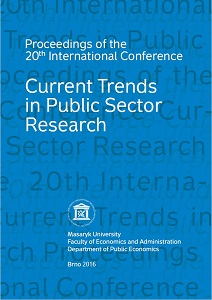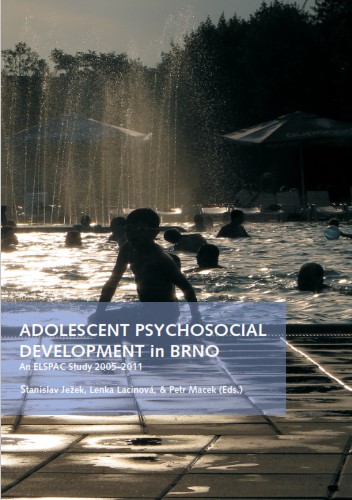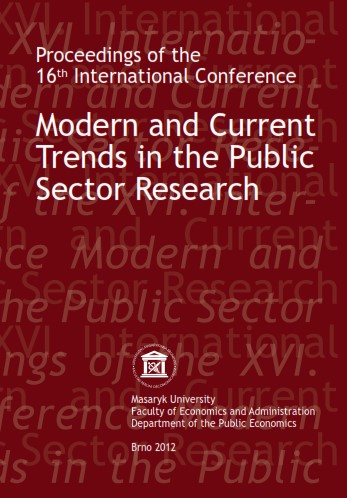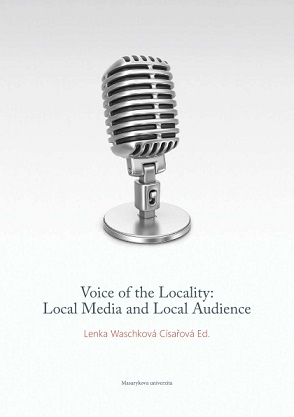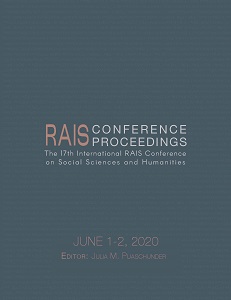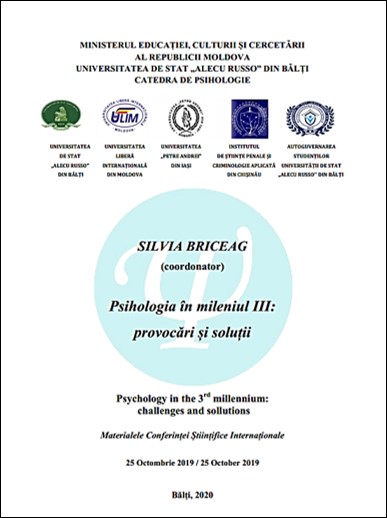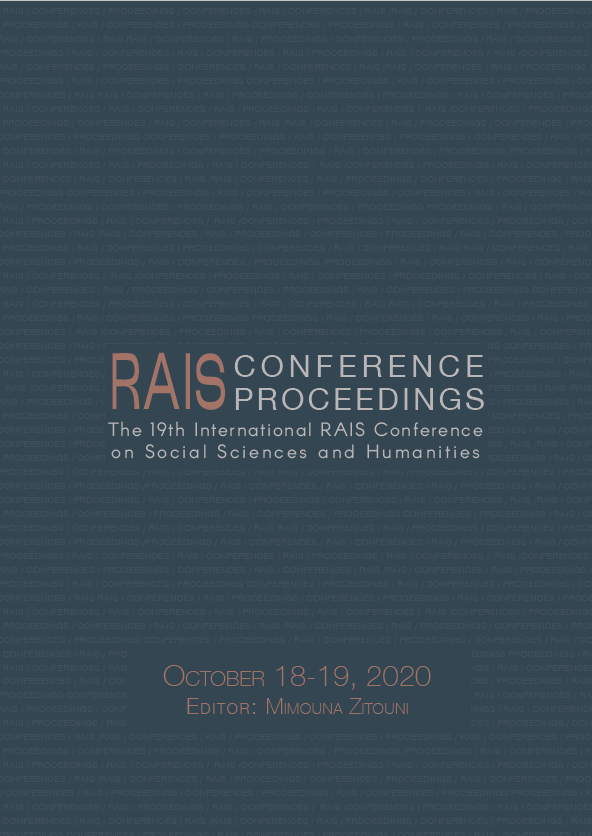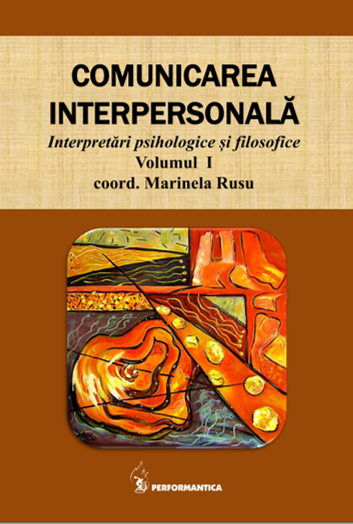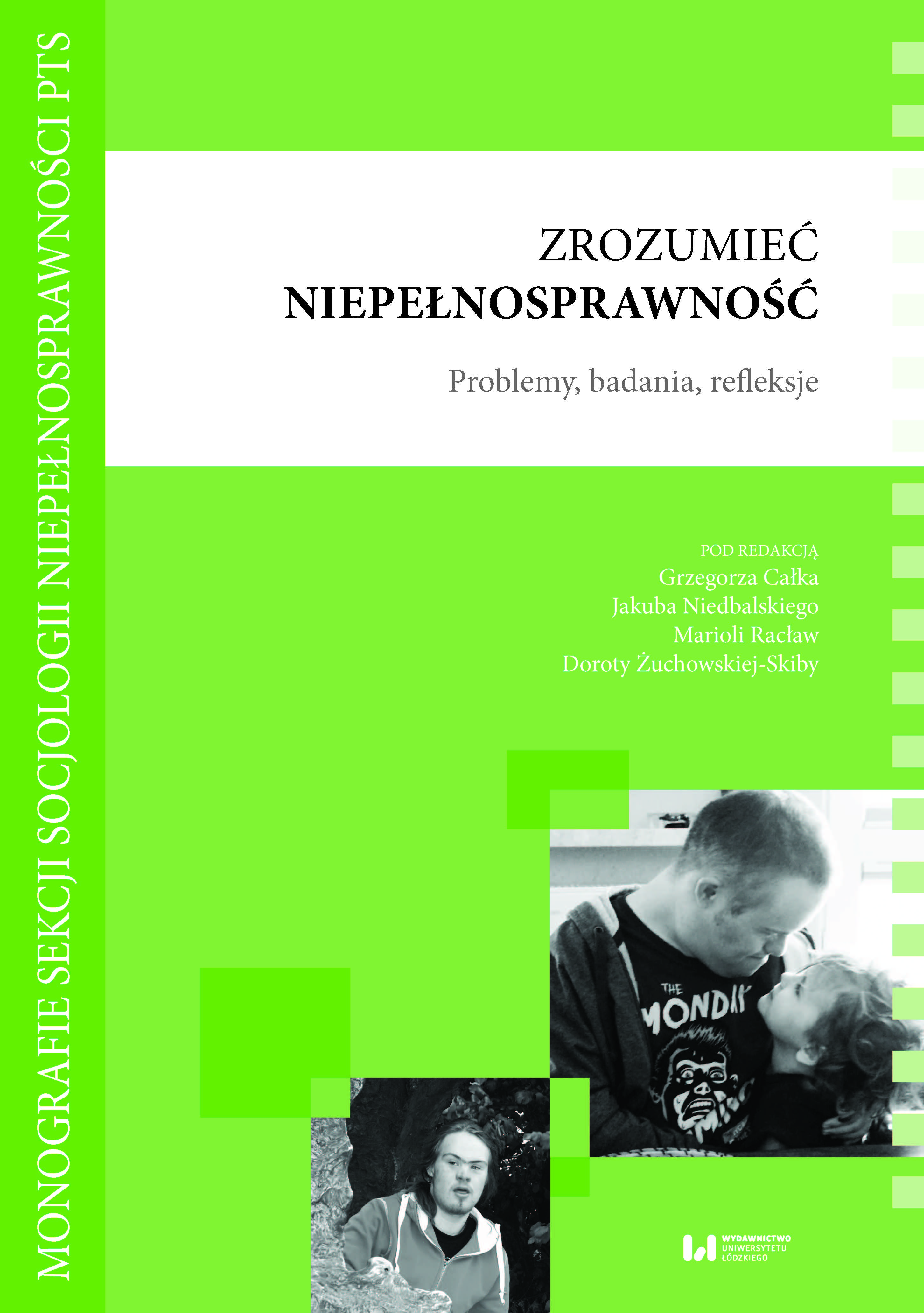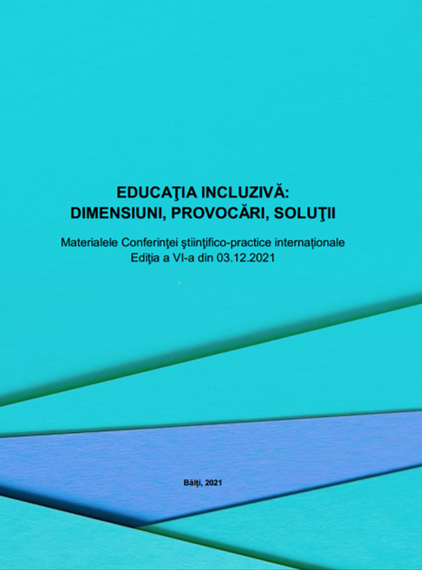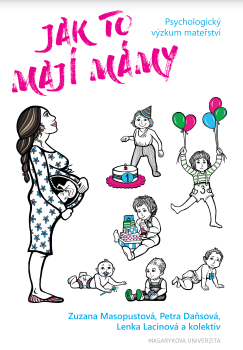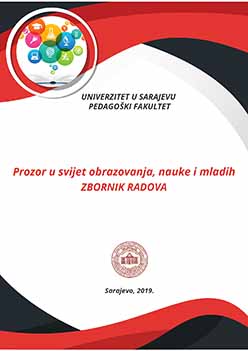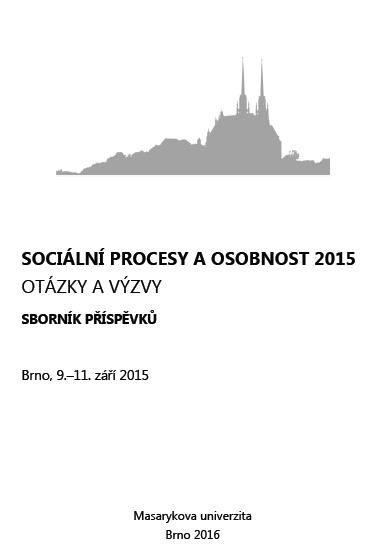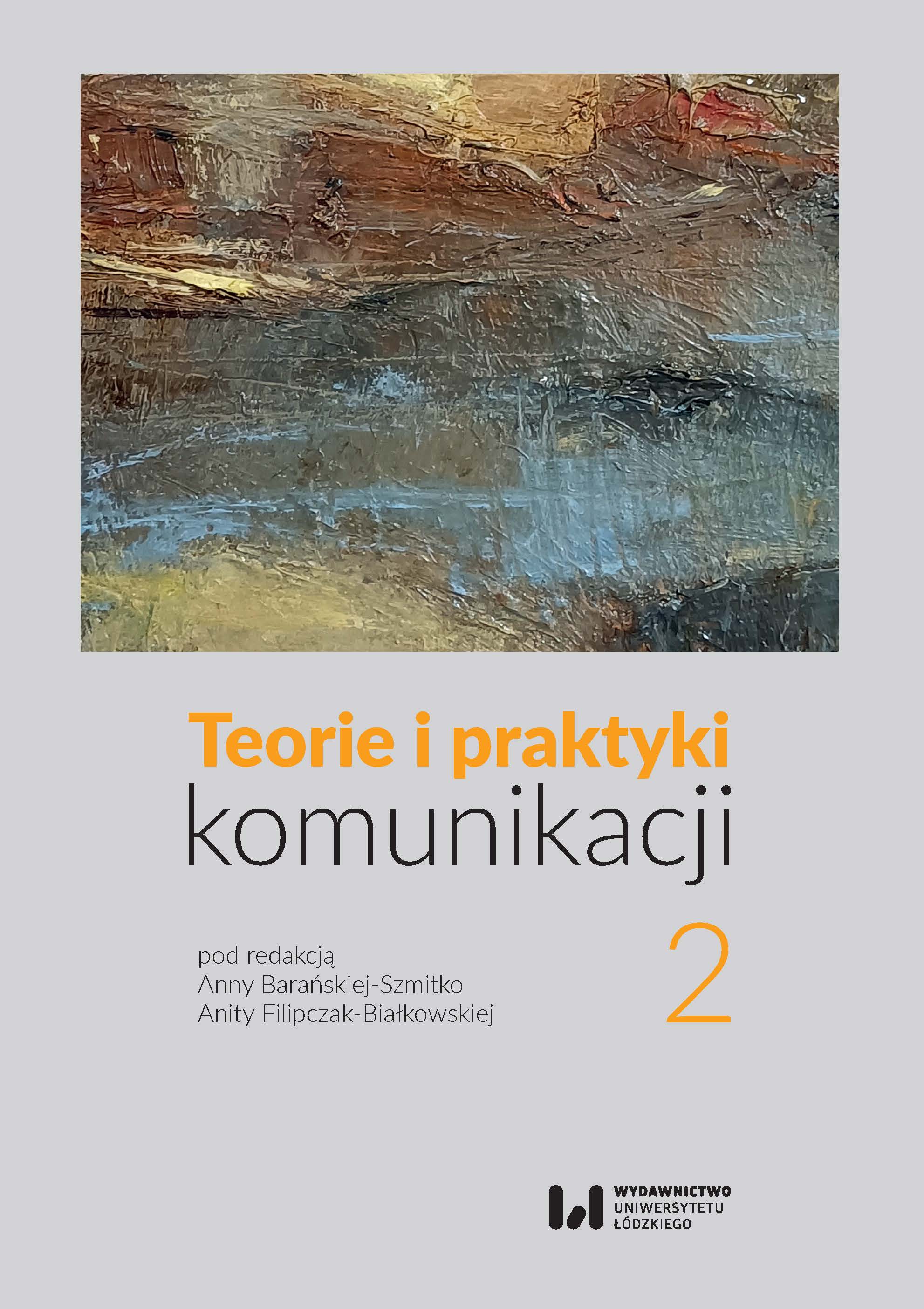Author(s): Magda Lejzerowicz,Katarzyna Podstawka / Language(s): Polish
Publication Year: 0
Introduction. Being an author/subject by person with disability is a complex process. In analyzes interdisciplinary research of pedagogical, sociological, psychological and philosophical perspectives were used. Aim. The aim of the research in action is to stimulate the critical reflection of participants on the co-creation of scientific reality, their own practice, and raising research and professional competences. The next aim is to demonstrate the importance of educational and social activity in the process of becoming the subject/author of the own’s life of student with disability. Materials and methods. The research used the methodology of participatory research in action (Denzin, Linkoln 2009, Glaser, Strauss 2009, Charmaz 2009, Reason, Torbert 2010, Cervinkova, Gołębniak 2010, Czerepaniak-Walczak 2014) and the autoetnographic method was used (Geertz 2005, Wolcott 2008, Chang 2007, Freeman 2004, Anderson 2014). Results. The analysis of the experiences of a student with disability in the academic environment indicates significant deficiencies in supporting the areas of authorship: subjective experiences, well-being, independence, implementation of development tasks, social contacts. Conclusions. Autoethnographic-enhanced action research is a useful tool in the process of improving research and professional competences of both students and academic teachers. The participation of students with diversed needs in academic education may enable an increase in the level of inclusion in the academic community and affect the quality of education for all.
More...
